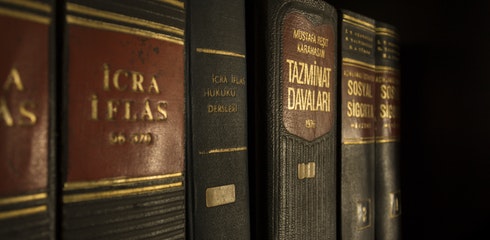
Laws Governing Private Bailiffs
- Procedures for becoming a Private Bailiff through a registration and licensing system.
- Mandatory yearly training.
- Complaint and disciplinary procedures.
- Procedures for the revocation and suspension of licences.
- Statutory functions also known as Bailiff actions.
- Code of Conduct.
- Bi-annual publication in both the Gazette and at least 2 daily newspapers of the official list of licensed private bailiffs.
- Criminalises certain activities and provides penalties for infringements.
- Role of the Petty Civil Court, Registrar of the Supreme Court and the Office of the Attorney General and Ministry of Legal Affairs.

These powers are:
- Take into custody a person who assaults him while he performs his functions.
- Take into custody, a person who takes or rescues goods which the other legislation provide the basis for hiring a Private Bailiff.
Other specific pieces of legislation relate to specific functions as stated under section 9 of the Bailiffs Act. These are the Landlord and Tenant Ordinance, Chap. 27. No. 16 and Hire Purchase Act, Chap. 82:33 which provides the conditions under which Private Bailiffs may be hired.
Auctioneers Act, Chap. 84:03, provides for the legal monetary limits for auctioning of goods distrained by a bailiff.
In addition, there are a number of special legal rules, known as the common law, which govern the way in which Private Bailiffs carry out their services.


